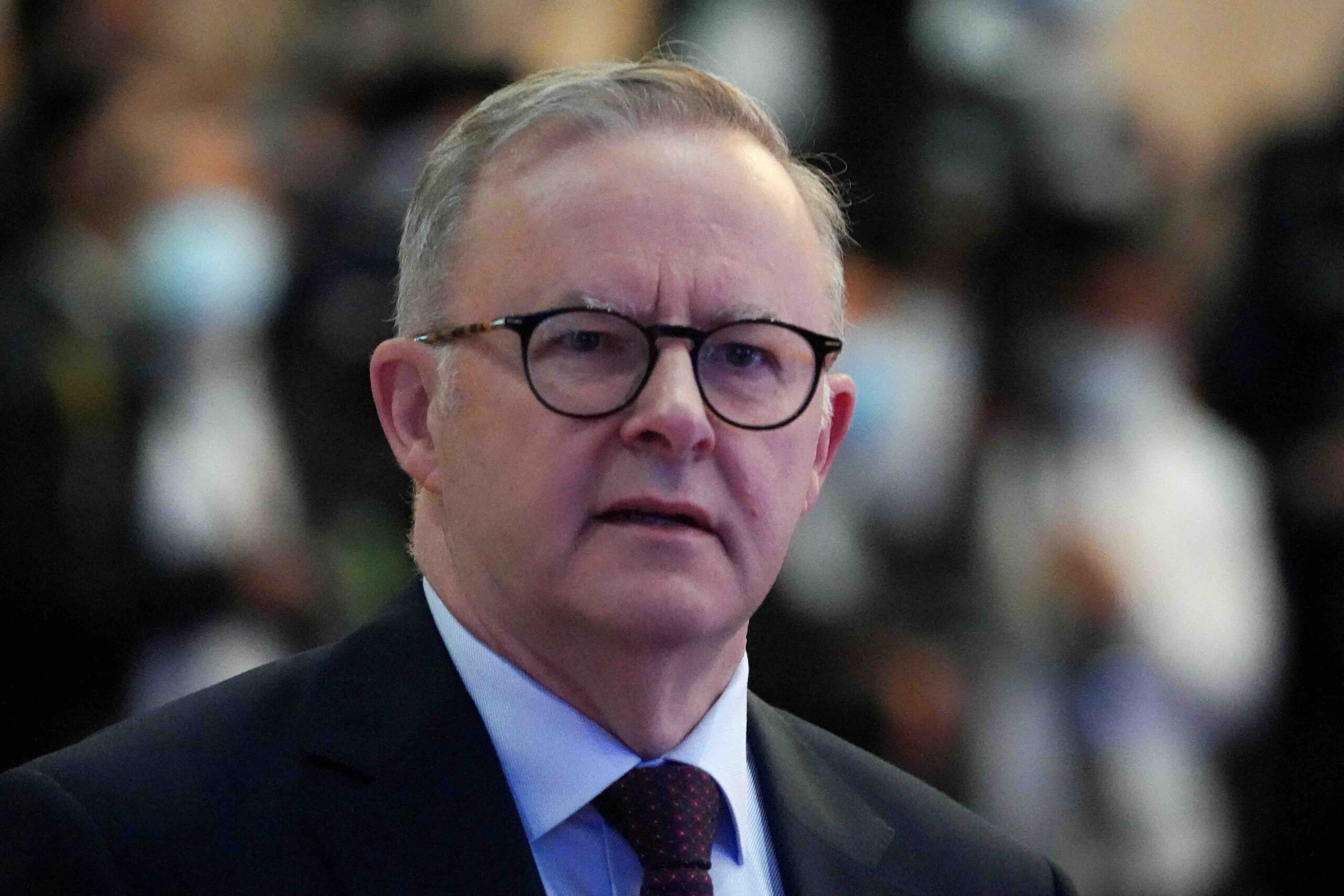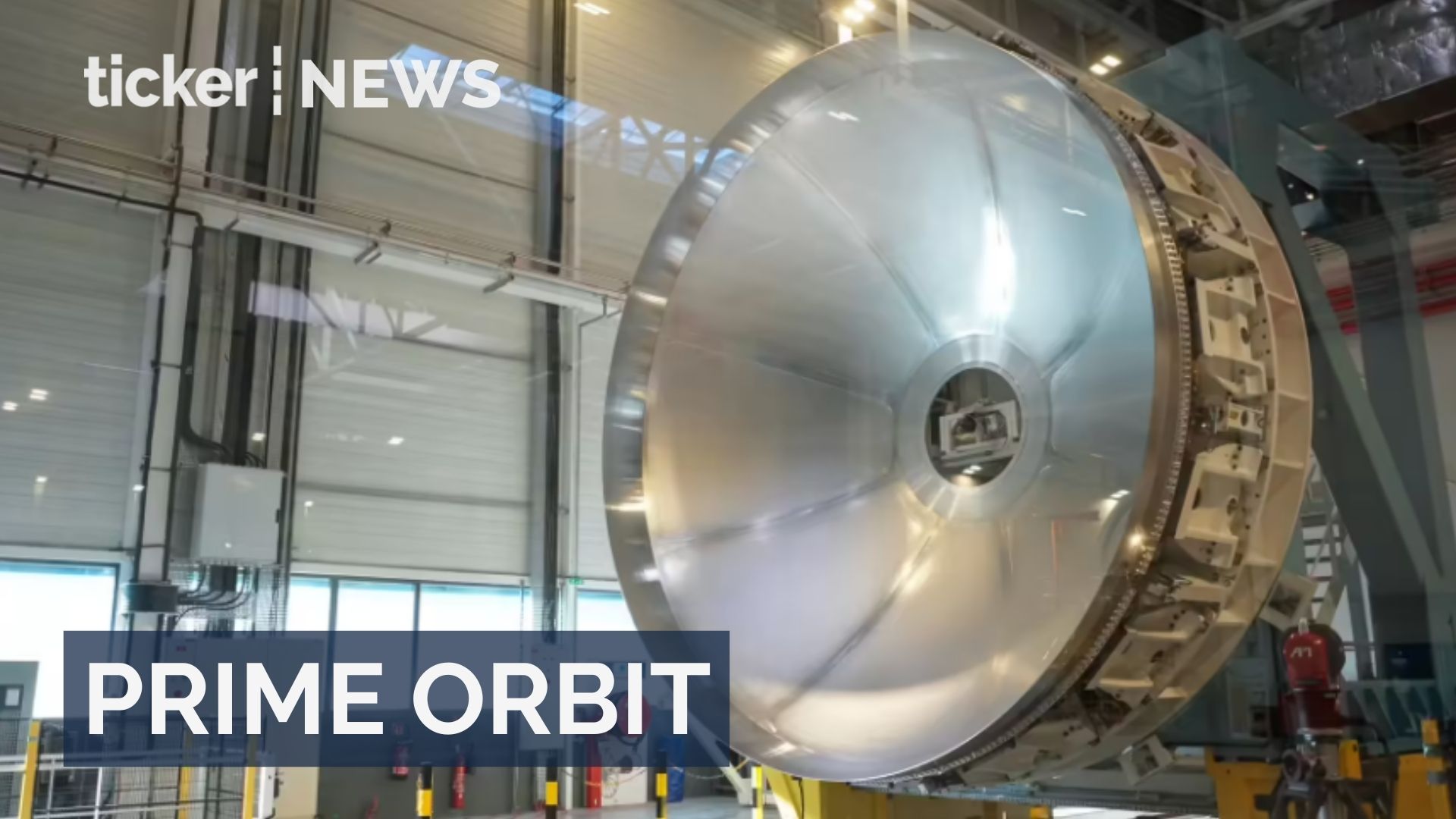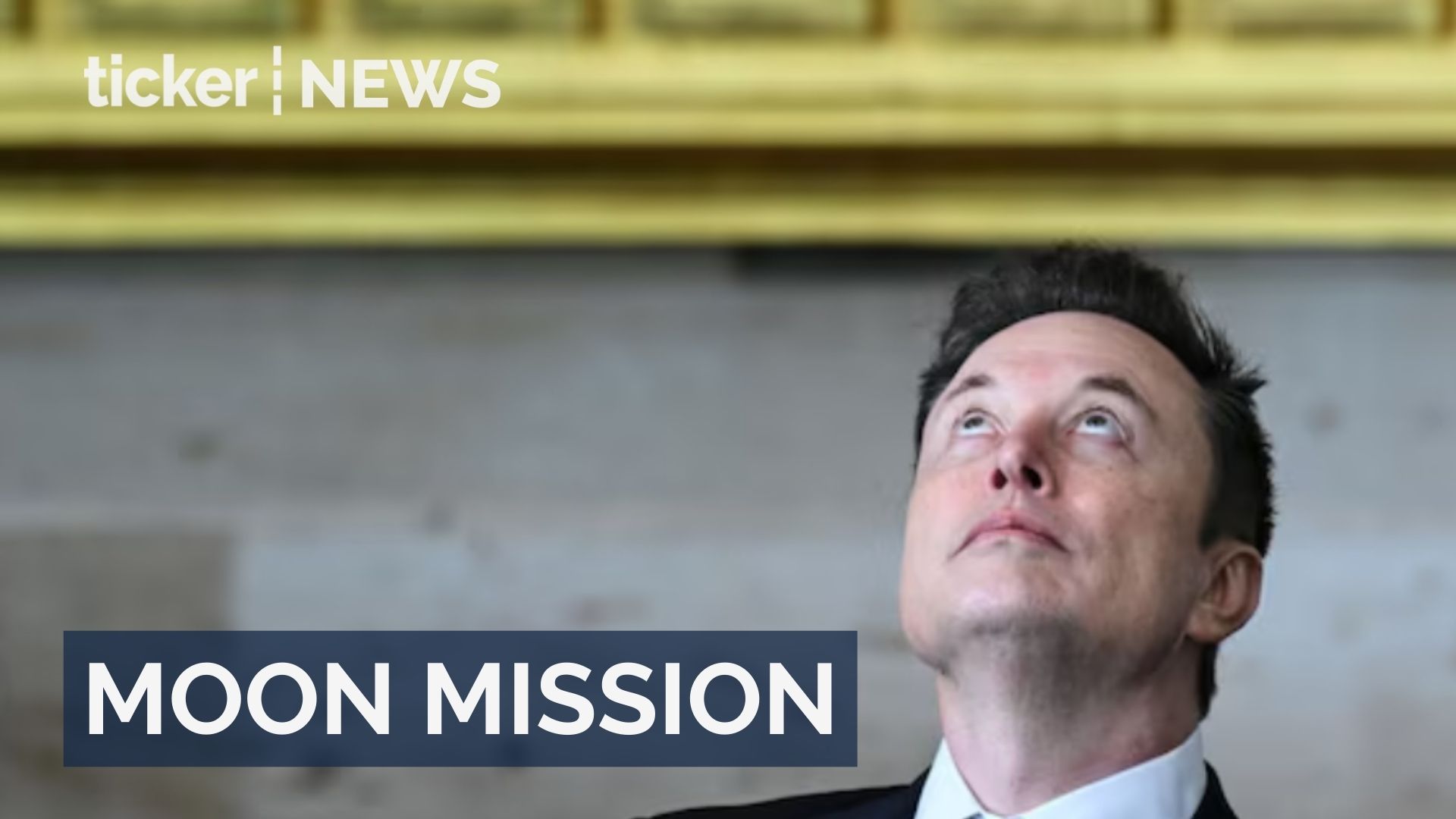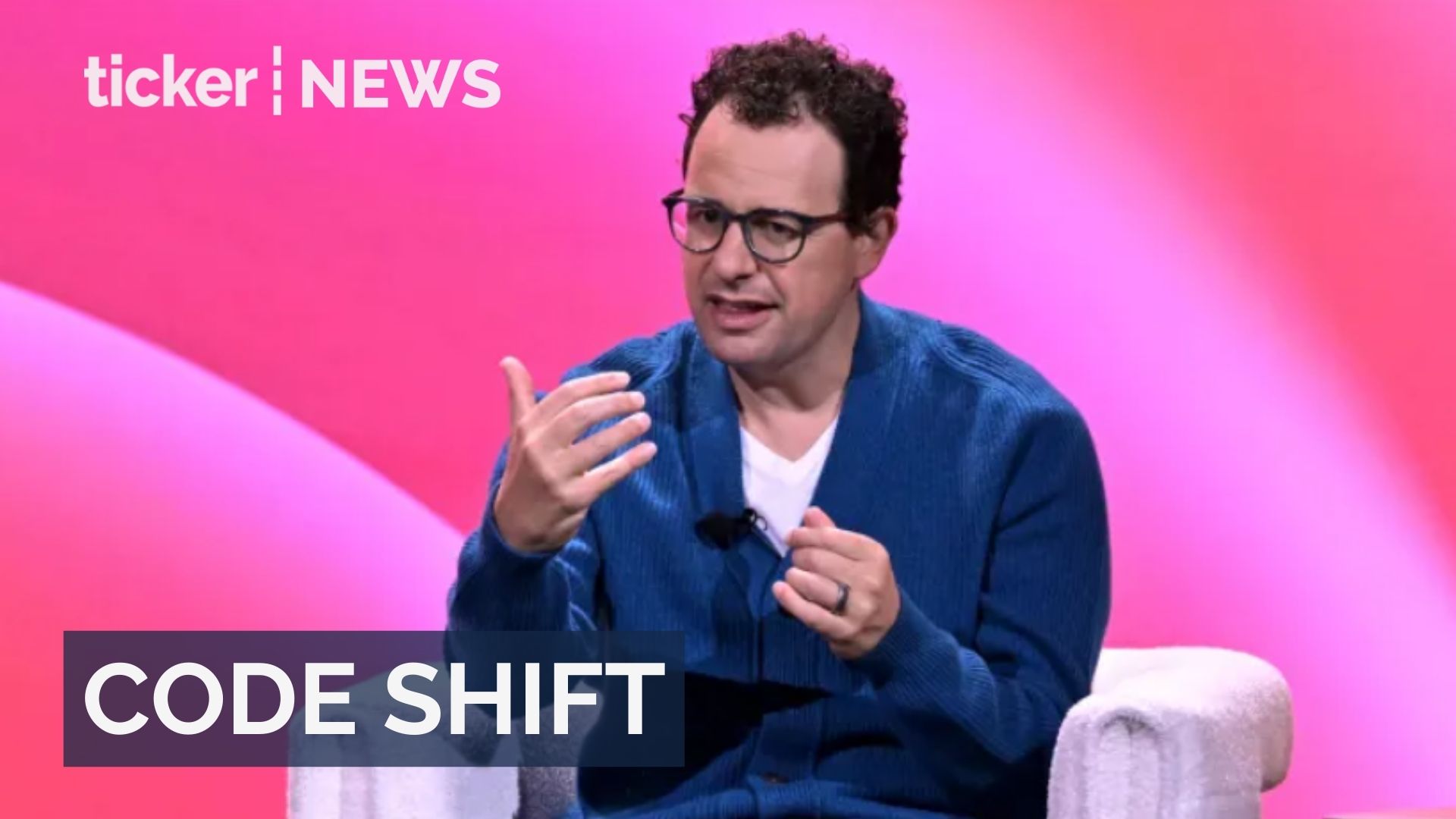Tech
Australia vows cyber action after coordinated attack
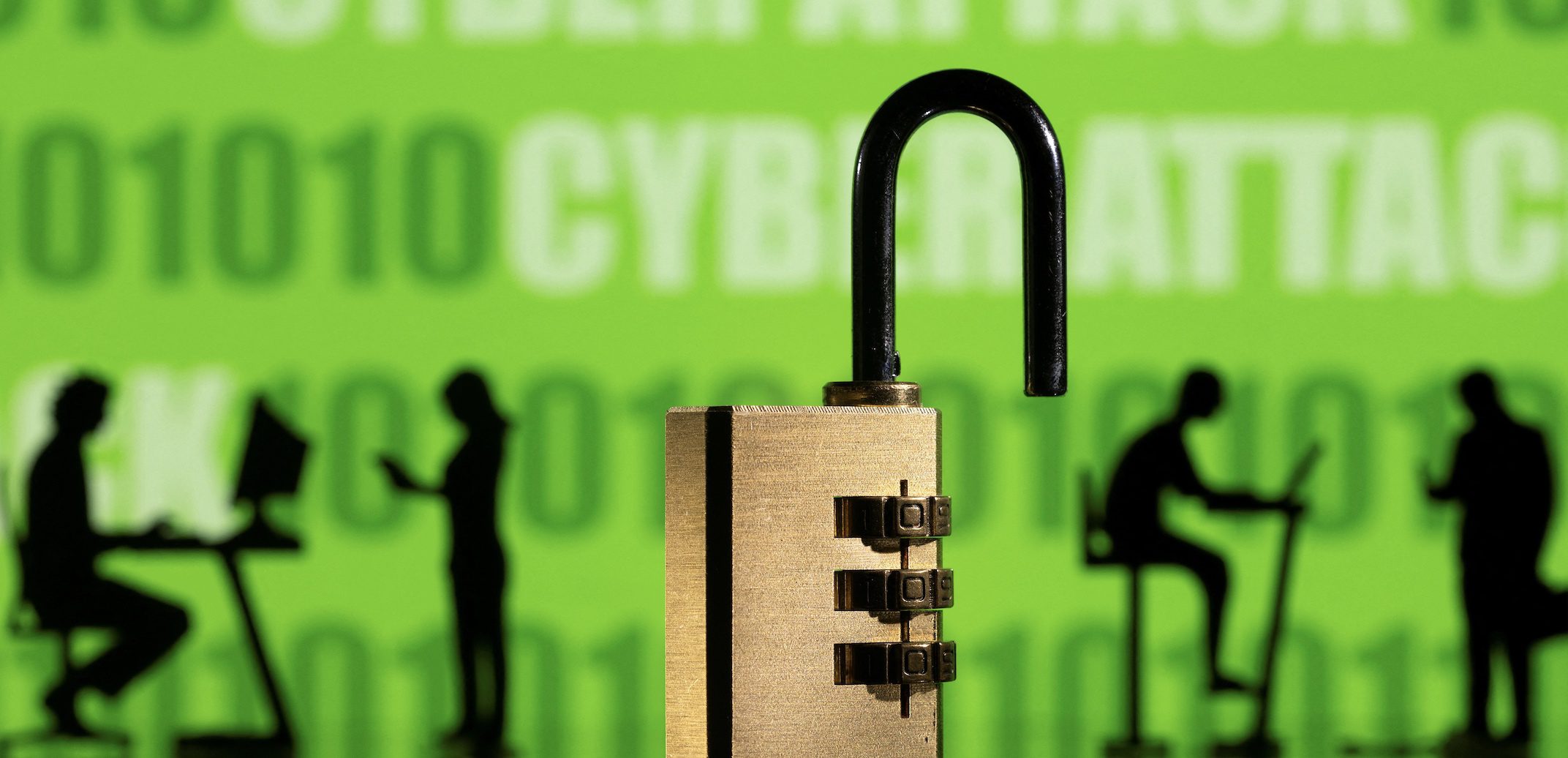
Tech
Ariane 64 takes flight carrying Amazon’s broadband satellites
Ariane 64’s maiden launch from French Guiana carries 32 Amazon satellites, starting 18 missions to enhance global broadband access.
Tech
SpaceX shifts focus to Moon with ambitious Lunar City plans
Elon Musk shifts SpaceX focus from Mars to a 2027 Moon landing, merging with xAI for AI satellite networks.
Tech
Claude AI is transforming software engineering and productivity
Anthropic’s Claude AI now manages coding tasks, boosting productivity by 50% as engineers shift to oversight roles.
-



 Ticker Views4 days ago
Ticker Views4 days agoIsraeli President Herzog visits Australia amid rising antisemitism
-



 Tech4 days ago
Tech4 days agoClaude AI is transforming software engineering and productivity
-



 Ticker Views1 day ago
Ticker Views1 day agoLunar Gateway faces delays and funding debate amid Artemis ambitions
-



 News4 days ago
News4 days agoRussia missile strikes force Ukraine nuclear plants offline amid safety fears
-

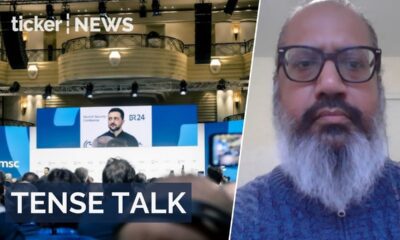

 Ticker Views3 days ago
Ticker Views3 days agoU.S. ambassador responds to NATO criticism at Munich Security Conference
-



 News4 days ago
News4 days agoJapan election delivers commanding win for ruling LDP
-

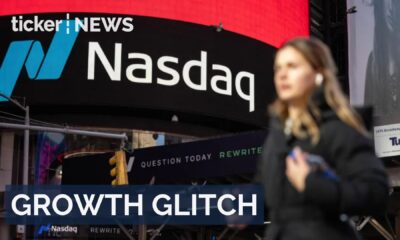

 Money4 days ago
Money4 days agoTech stocks slide as investors rotate into small-cap and value plays
-

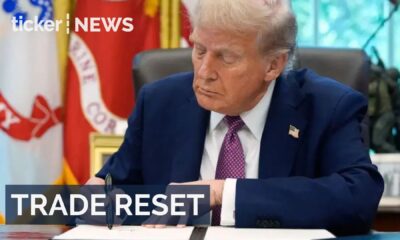

 News5 days ago
News5 days agoTrump lifts India tariffs after New Delhi halts Russian oil imports



